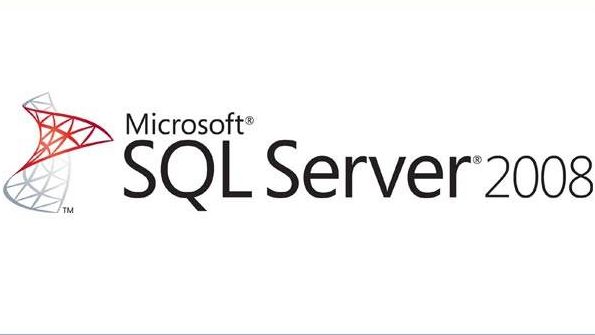Strategies for Effective Conflict Resolution at Work
Conflict is an inevitable part of any workplace environment. When individuals with diverse backgrounds, perspectives, and personalities come together, clashes are bound to occur. However, conflicts can be managed and resolved effectively, leading to improved relationships, increased productivity, and a more harmonious work atmosphere. In this article, we will explore strategies for effective conflict resolution at work that can help foster a positive and collaborative environment.
- Address the conflict proactively: The first step towards resolving conflicts is to acknowledge their existence and address them proactively. Ignoring or avoiding conflicts only allows them to fester and escalate over time. Encourage open communication and create a safe space where employees feel comfortable expressing their concerns and discussing conflicts. Addressing conflicts early on prevents them from becoming more complex and difficult to resolve.
- Active listening and empathy: Effective conflict resolution requires active listening. Encourage all parties involved to actively listen to each other’s perspectives without interruption or judgment. Truly understanding the underlying interests, concerns, and emotions of each person involved is crucial. Practicing empathy can help create an environment where individuals feel heard and valued, enabling them to find common ground and work towards a mutually agreeable solution.
- Foster a collaborative approach: Conflict resolution should focus on finding win-win solutions rather than one party “winning” at the expense of the other. Promote a collaborative mindset that encourages employees to work together to find a resolution that meets the needs and interests of all parties involved. Encourage brainstorming, compromise, and seeking alternative solutions that benefit everyone.
- Encourage effective communication: Clear and respectful communication is essential for resolving conflicts. Encourage individuals to express their thoughts and concerns in a constructive manner, avoiding personal attacks or blame. Encourage the use of “I” statements to express feelings and focus on specific behaviors or actions rather than generalizations. Encourage open dialogue, where individuals can voice their perspectives and actively seek understanding.
- Mediation and facilitation: In cases where conflicts are particularly complex or emotionally charged, involving a neutral third party can be beneficial. Mediators or facilitators can help guide the resolution process, ensure fair communication, and promote understanding between the conflicting parties. Their objective perspective can help identify underlying issues, generate creative solutions, and facilitate a more constructive dialogue.
- Seek common ground and compromise: Successful conflict resolution often involves finding common ground and seeking compromises. Encourage parties to identify shared interests and goals, emphasizing the bigger picture rather than personal agendas. By focusing on shared objectives, individuals can work together to find solutions that address everyone’s concerns to some extent.
- Learn from conflicts: Conflicts can serve as valuable learning opportunities. Encourage employees to reflect on conflicts and identify lessons that can be applied to future situations. Promote a culture of continuous improvement by providing opportunities for training in conflict resolution skills, emotional intelligence, and effective communication.
Conflict resolution is an essential skill in the workplace, and the ability to manage conflicts effectively can lead to a more positive and productive work environment. By addressing conflicts proactively, practicing active listening and empathy, fostering collaboration, encouraging effective communication, seeking mediation when necessary, and promoting compromise, organizations can create an atmosphere where conflicts are resolved constructively, leading to improved relationships, increased productivity, and overall job satisfaction.

